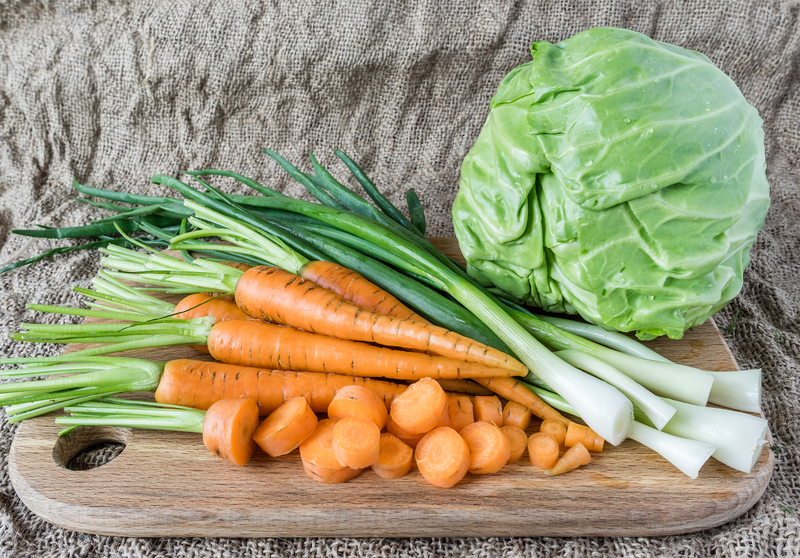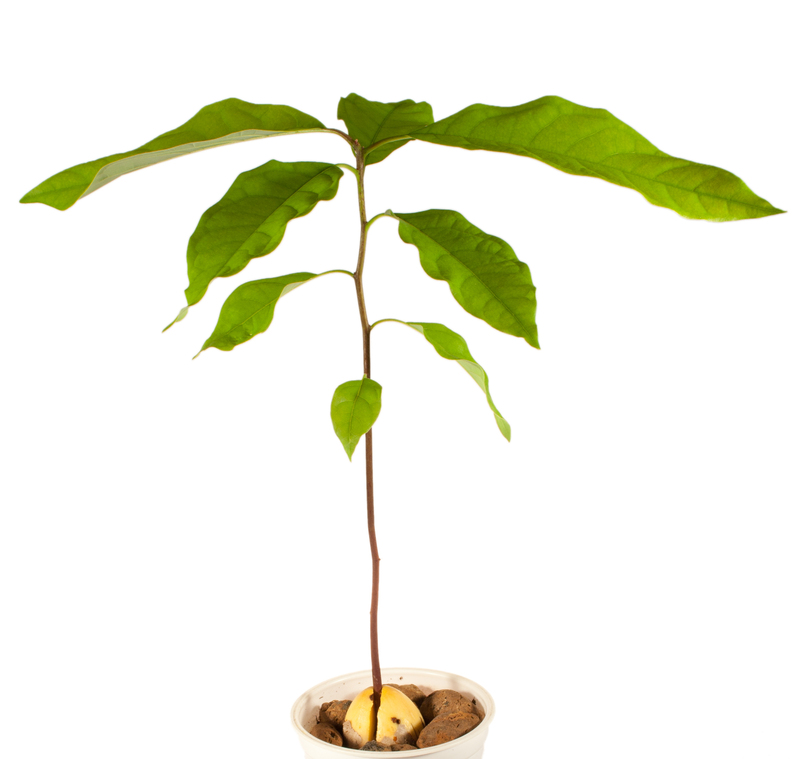Unlock Top 9 Gardening Tips to Begin Your Green Journey
Posted on 24/05/2025
Unlock Top 9 Gardening Tips to Begin Your Green Journey
Are you ready to dive into the world of gardening and start your own green sanctuary? Whether you have a small balcony, a tiny backyard, or a spacious garden, starting your gardening journey can be immensely rewarding. In this comprehensive guide, we'll unravel the top nine gardening tips that will set you on the right path. These expert suggestions are not only suitable for beginners but are also valuable reminders for seasoned gardeners. Let's grow together!

Why Begin Gardening? The Many Benefits Awaiting You
Before delving into the best gardening advice, let's take a moment to understand the manifold benefits of starting a garden. Gardening offers:
- Physical exercise that keeps you active and healthy
- Mental relaxation and stress reduction
- Fresh and organic fruits, vegetables, and herbs
- A chance to promote biodiversity and support pollinators
- An opportunity to beautify your living space and connect with nature
Top 9 Gardening Tips to Start Your Green Journey
1. Choose the Right Location and Assess Your Space
Choosing the correct spot is crucial for gardening success. Observe how much sunlight your chosen area receives, and note down any shaded spots, windy areas, or spots with poor drainage. Most vegetables and flowers need at least 6 hours of sunlight daily.
- South-facing areas get the most sun, ideal for sun-loving plants.
- Shadier sections are perfect for shade-tolerant varieties like ferns, hostas, and impatiens.
- Container gardening lets you make use of balconies or patios with limited soil or poor ground conditions.
Understanding your site's peculiarities is the foundation of your green journey and will dictate what plants to grow and where.
2. Know Your Soil & Cultivate Healthy Ground
Soil is the lifeline of any garden. Rich, well-draining soil will foster strong plant growth. To ensure your garden's success, perform a basic soil test to determine pH and fertility levels, both of which affect nutrient uptake.
- Add organic matter such as compost, manure, or leaf mold to improve soil structure and fertility.
- Mulching locks in moisture, suppresses weeds, and moderates soil temperature.
- If your native soil is poor or contaminated, consider raised garden beds or high-quality potting mixes for containers.
3. Pick the Right Plants for Success
Selecting suitable plants is key to a flourishing beginner's garden. Do a little research or ask your local nursery which species are best for your climate, sun exposure, and soil type.
- Choose easy-to-grow plants like lettuces, radishes, marigolds, zucchini, or pansies for beginners.
- Opt for native plants; they tend to be lower maintenance and more resilient to local pests and weather.
- Don't be tempted to overcrowd. Give every plant ample space for their expected mature size.
By planning ahead, you'll avoid disappointment and set yourself up for gardening triumphs.
4. Water Wisely & Consistently
Proper watering is an art--both overwatering and underwatering can spell trouble for new gardeners. As a rule of thumb:
- Water deeply but less often to encourage deep root growth.
- Use a soaker hose or drip irrigation to deliver water straight to the roots and save water.
- Water early in the morning or in the evening to reduce evaporation and help plants absorb moisture efficiently.
Learn to check soil moisture about a knuckle deep--only water if it feels dry. Remember, healthy hydration is a pillar of effective gardening.
5. Feed Your Plants the Right Nutrients
All plants need balanced nutrition to grow robustly. While compost is usually sufficient, certain plants benefit from specific fertilizers at different stages.
- Organic fertilizers like bone meal, blood meal, and fish emulsion are great choices for enriching the soil.
- Slow-release granules or liquid feeds can give your plants an extra boost, especially during flowering and fruiting stages.
- Always follow the recommended dosage to prevent nutrient burn.
Feeding wisely will make your beginner gardening adventure more fruitful and vibrant.
6. Master the Art of Pruning and Deadheading
Pruning and deadheading are gardening skills that promote plant health and aesthetics.
- Remove spent flowers (deadheading) to encourage further blooming in annuals and some perennials.
- Trim back broken or diseased branches promptly to prevent the spread of issues.
- Prune shrubs at the right season for that variety--generally after the flowering period.
7. Tackle Pests and Diseases Organically
Maintaining a healthy, organic garden is possible! Vigilance and early action can prevent most problems from spiraling out of control.
- Inspect your plants regularly for signs of pests or disease (deformed leaves, holes, discolored spots, webbing).
- Handpick larger pests like beetles or caterpillars, or use a gentle jet of water for aphids.
- Encourage beneficial insects such as ladybugs, lacewings, and predatory wasps that help control pests naturally.
- Homemade solutions--like garlic spray or neem oil--are effective against a range of garden pests.
8. Embrace Continuous Learning
Every gardener--novice or expert--faces unexpected challenges. The secret to a thriving garden is a willingness to observe, experiment, and learn continuously.
- Join a local gardening club or online community to connect with fellow enthusiasts.
- Read gardening blogs, books, and watch videos for ongoing inspiration.
- Keep a garden journal to track your planting dates, weather patterns, and what works for your specific site.
9. Practice Patience & Celebrate Small Wins
In gardening, patience is a virtue. Seeds take time to sprout, plants grow at their own pace, and sometimes setbacks happen. Don't let minor failures discourage you!
- Celebrate your first bloom, a lush leaf, or your homegrown tomato--these are victories!
- Reflect on what you've learned from each challenge and use it to improve next season.
Extra Tips for a Thriving Gardening Experience
- Use quality gardening tools and keep them clean and sharp.
- Label your plants or seeds to avoid confusion.
- Keep pathways clear for easy access and maintenance.
- Remember to rotate crops annually to minimize soil-borne diseases.
- Practice companion planting--pairing crops that benefit one another.
These bonus tips will make your gardening journey even more rewarding and enjoyable!

Frequently Asked Questions on Starting Your Green Journey
-
Q: What is the best time of year to start gardening?
A: Spring is typically ideal, but in milder climates, you can start in fall or even winter with the right preparations. -
Q: How can I garden if I have limited space?
A: Try vertical gardening, window boxes, or container gardening. Herbs and many vegetables flourish in pots. -
Q: Is organic gardening hard for beginners?
A: Not at all! Start by using organic soil amendments and pest controls. Choose hardy, disease-resistant plants.
Conclusion: Begin Your Green Journey Today!
Embarking on your green adventure is easier than you might think. With these top nine gardening tips and a dash of patience, you'll watch your efforts turn into a flourishing haven. Remember, every beautiful garden starts with a single step--so plant your first seed today and nurture your green journey. Happy gardening!
Latest Posts
Nurturing gardens that welcome your four-legged friends
Reap the Rewards of a Self-Sustained Herb Collection
Unleashing Creativity in a Child-Friendly Landscape



